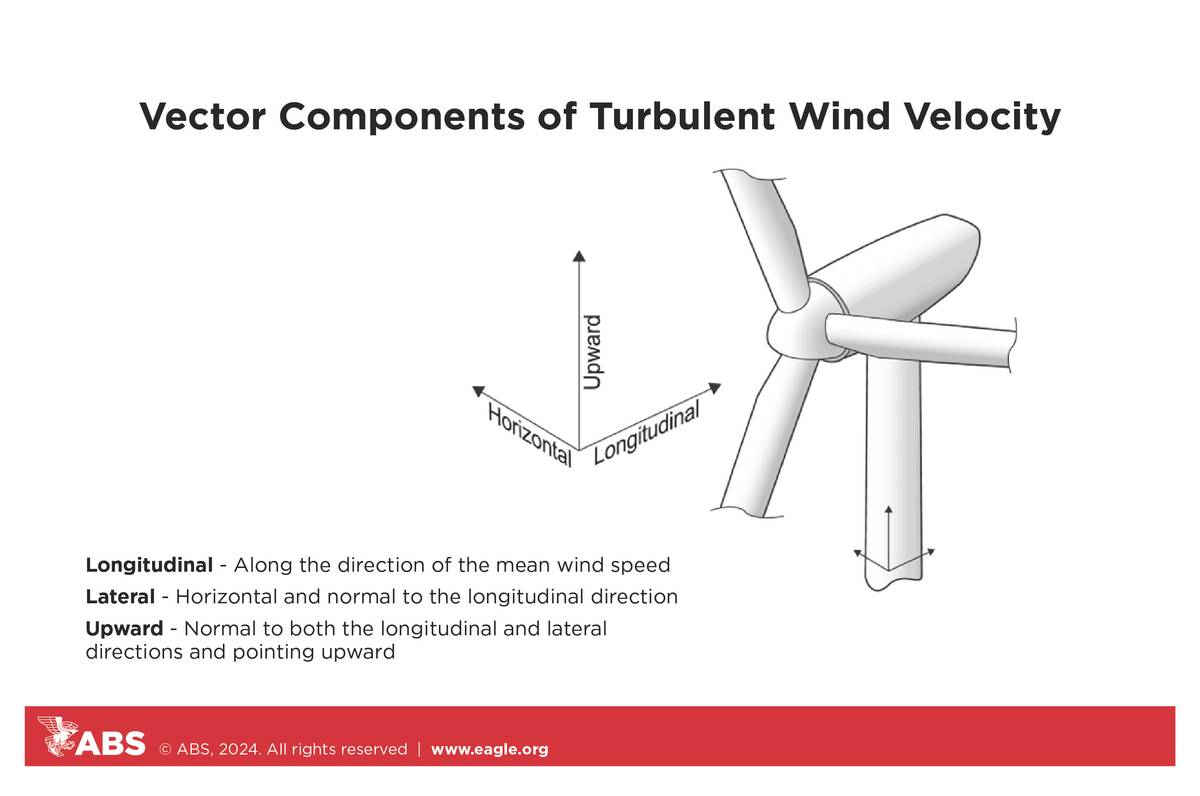Supporting Innovations in Offshore Wind
Global installed offshore wind capacity is forecast to reach nearly 450 gigawatts (GW) by 2032, up significantly from roughly 65 GW today1. While the industry’s growth is promising given the urgent need to decarbonize the world’s energy system, offshore wind developments still face headwinds, including high engineering and construction costs, difficult market conditions and regulatory hurdles. These challenges, and others, are spurring rapid innovation across the industry, as operators seek to reduce costs, mitigate risks and improve sustainability.
Identifying and mitigating risks in offshore wind projects
In recent years, the industry has seen the development of several new fixed and floating concepts that promise to lower the levelized cost of energy (LCoE) and improve manufacturing economies of scale. However, progress on commercial-scale developments has been slower than expected.
Given the long duration from concept design to final installation of wind technologies, along with the complexities associated with manufacturing, installation, regulatory approval, etc., working with an independent third party to perform comprehensive design reviews and certification, verification related services is often highly beneficial.
ABS has classed 80 megawatts (MW) of floating wind installations and delivers advisory and technical review solutions that help minimize risk and enhance safety for offshore projects. Recently, we updated our “Guide for Building and Classing Floating Offshore Wind Turbines.” The document incorporates revisions in several key areas, including corrosion protection, intact and damage stability, mooring strength, as well as automatic and remote-control systems.
We also support wind projects by providing Preliminary Planning and Advice (PPA), workshops/HAZOPs, approval in principle (AIP), and new technology qualification (NTQ). These services enable wind technology providers to better identify and mitigate issues and risks that could potentially lead to cost overruns or delays during design, permitting, manufacturing, installation, or commissioning. The services also help to expedite certification. By certifying concepts, providers can establish credibility and instill confidence in their technology among key project stakeholders, including developers, finance/insurance institutions and the relevant authorities.

Classing wind farm support vessels
ABS classification services also extend to a range of offshore wind farm support vessels, including wind turbine installation vessels (WTIVs), service operation vessels (SOVs), cable laying vessels (CLVs) and crew transfer vessels (CTVs).
In January, we published updates for “Requirements for Building and Classing Offshore Wind Farm Support Vessels.” The new edition incorporates:
-
A reduction factor for superstructure and deckhouse pressures for external bulkheads on limited-service craft based on vessel type;
-
Requirements for window bonding and testing for bonded windows;
-
Requirements for testing for laminated windows;
-
Optional Ⓔ for Wind-SC(A) vessels; and
-
A new Section 11 to consolidate all wind farm vessel survey requirements
Keeping pace with industry developments
Both the Offshore Floating Wind Turbine and Wind Farm Support Vessel guides were updated in response to feedback received from multiple 2023 workshops held by ABS. The documents incorporate input from a wide range of stakeholders. ABS will continue to advance our Rules and Guides to meet the evolving needs of the industry and support developers, operators, and original equipment manufacturers (OEMs) as they seek to reduce costs, improve safety, and mitigate execution risk challenges in the most safe, sustainable and efficient ways.